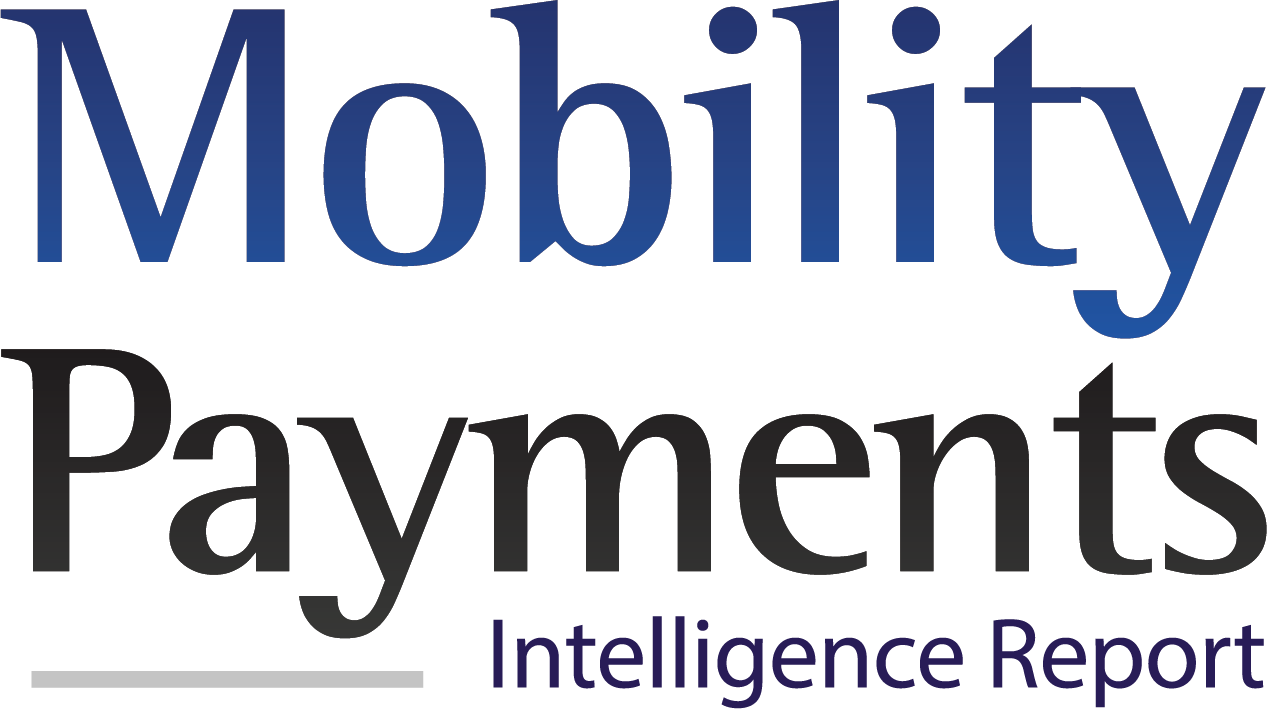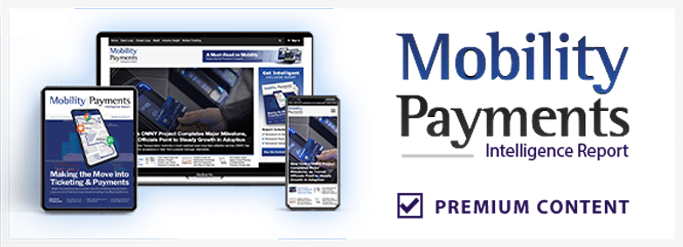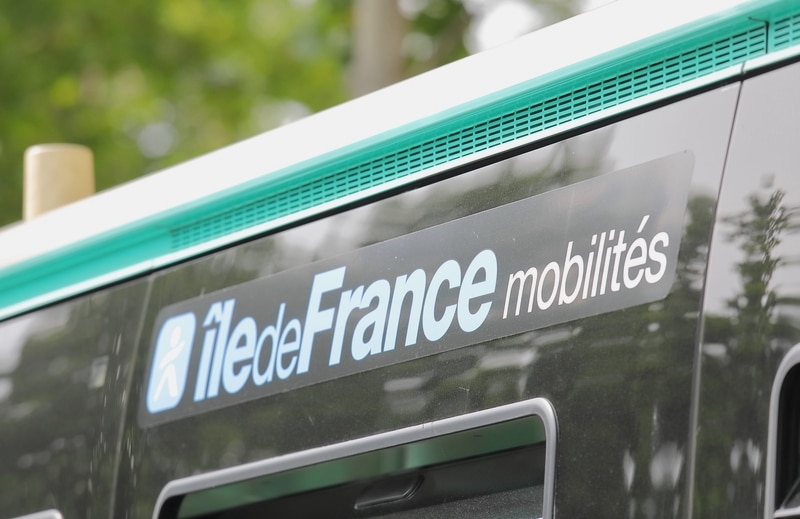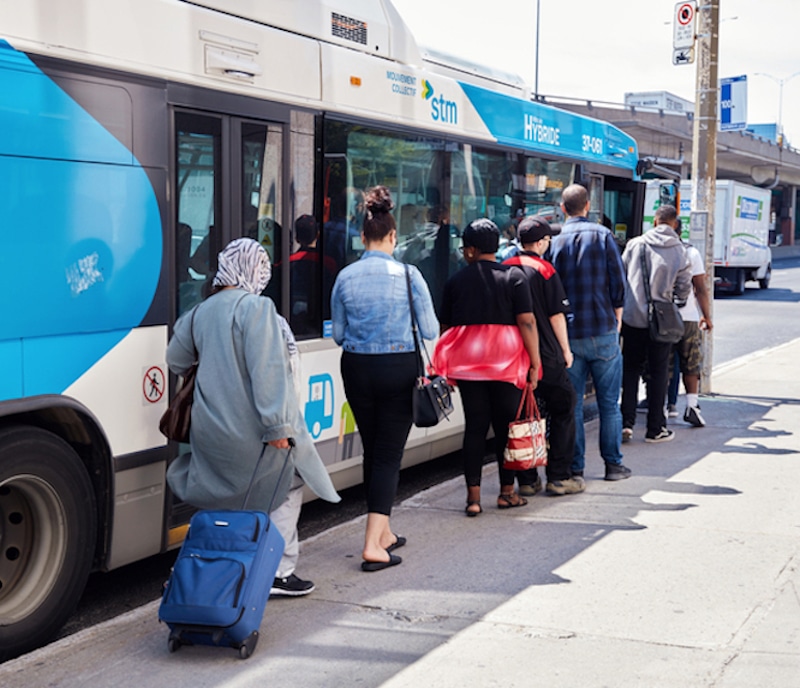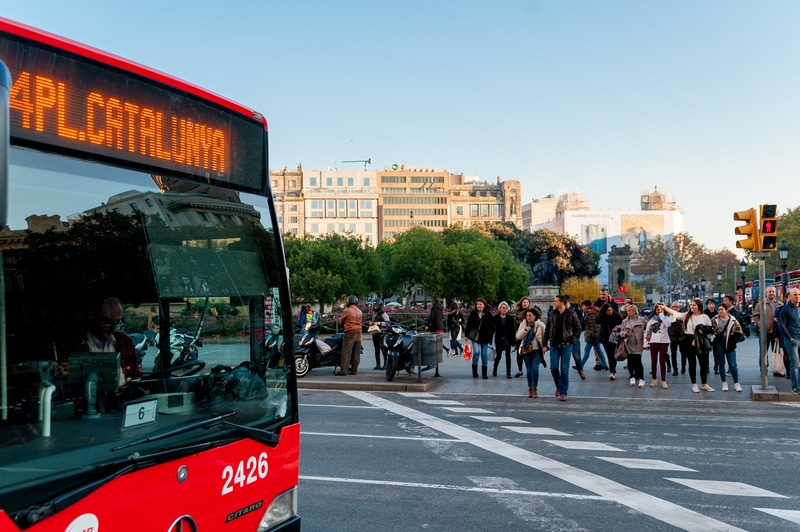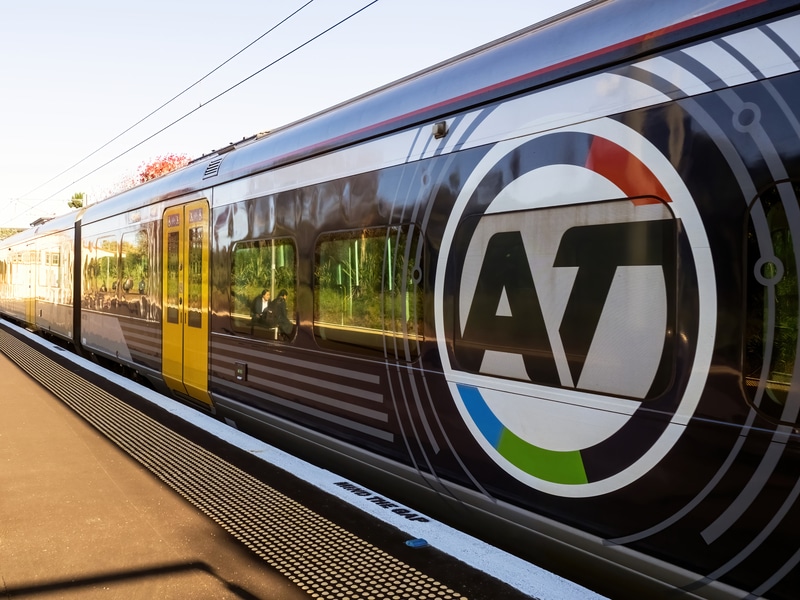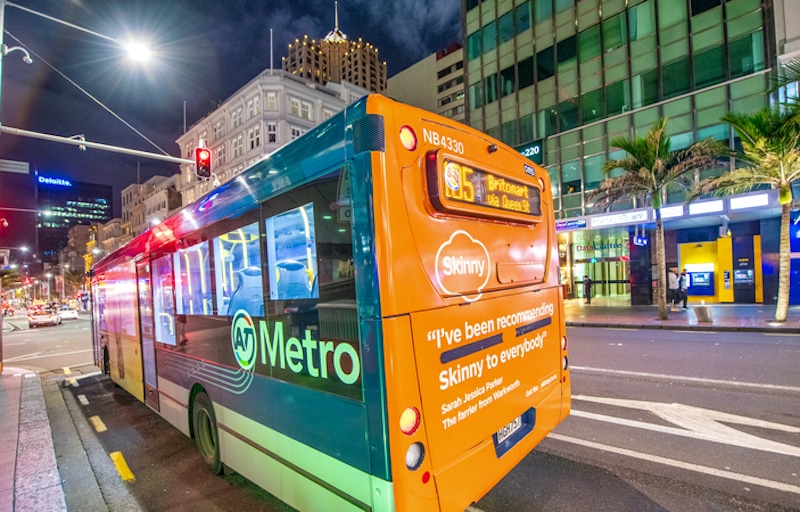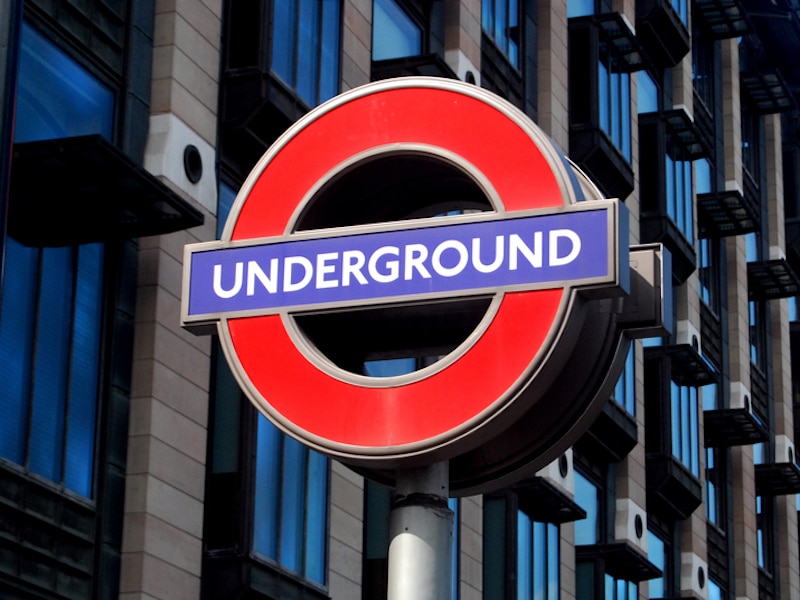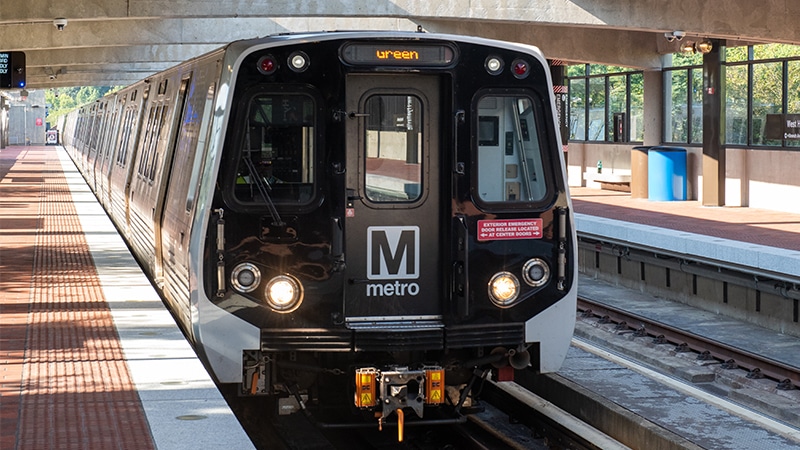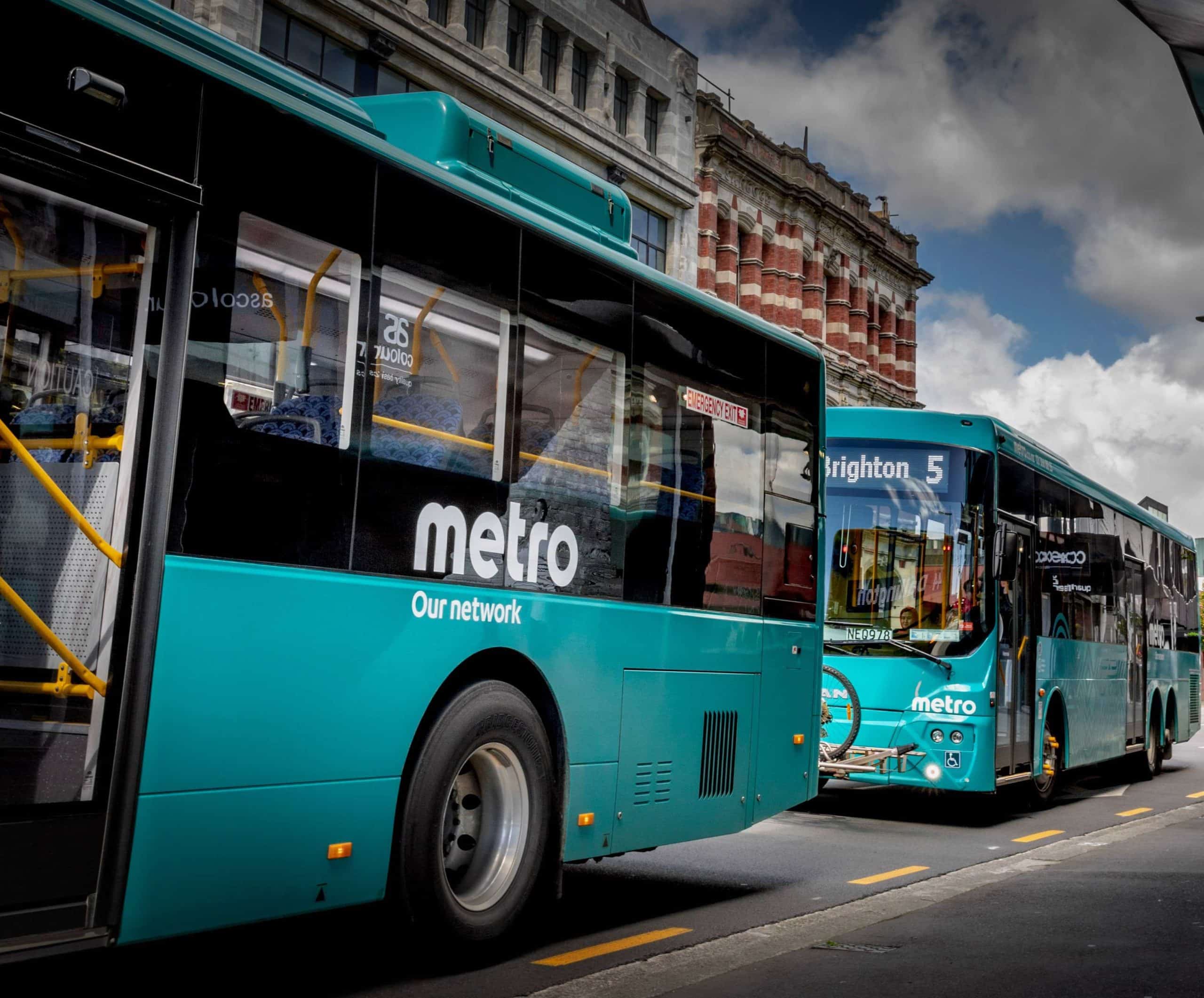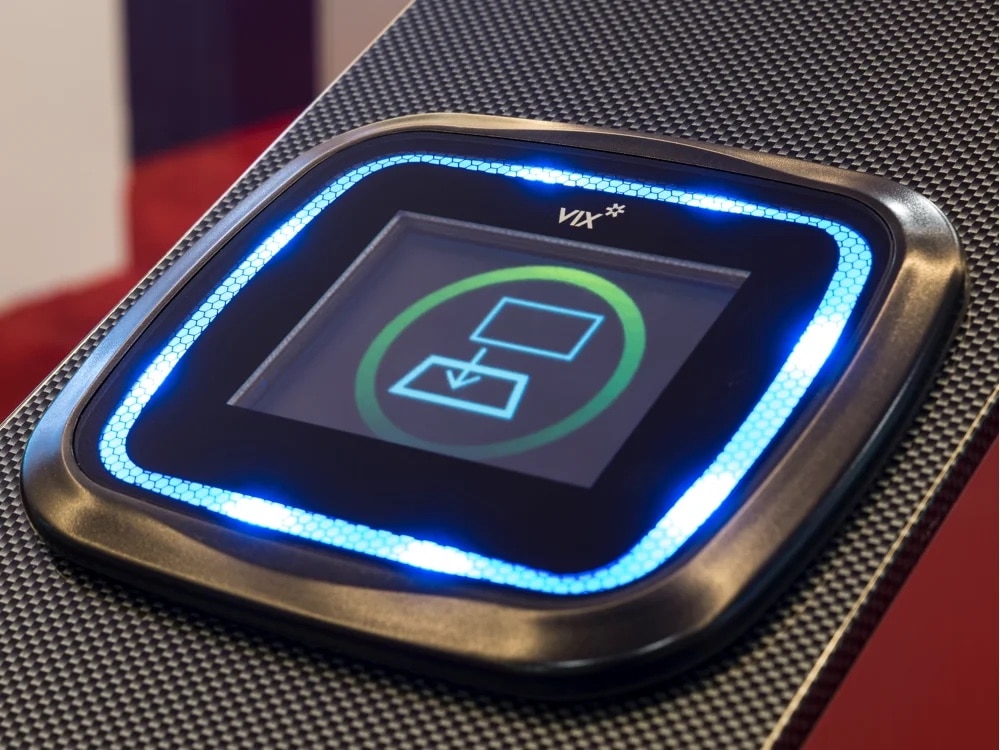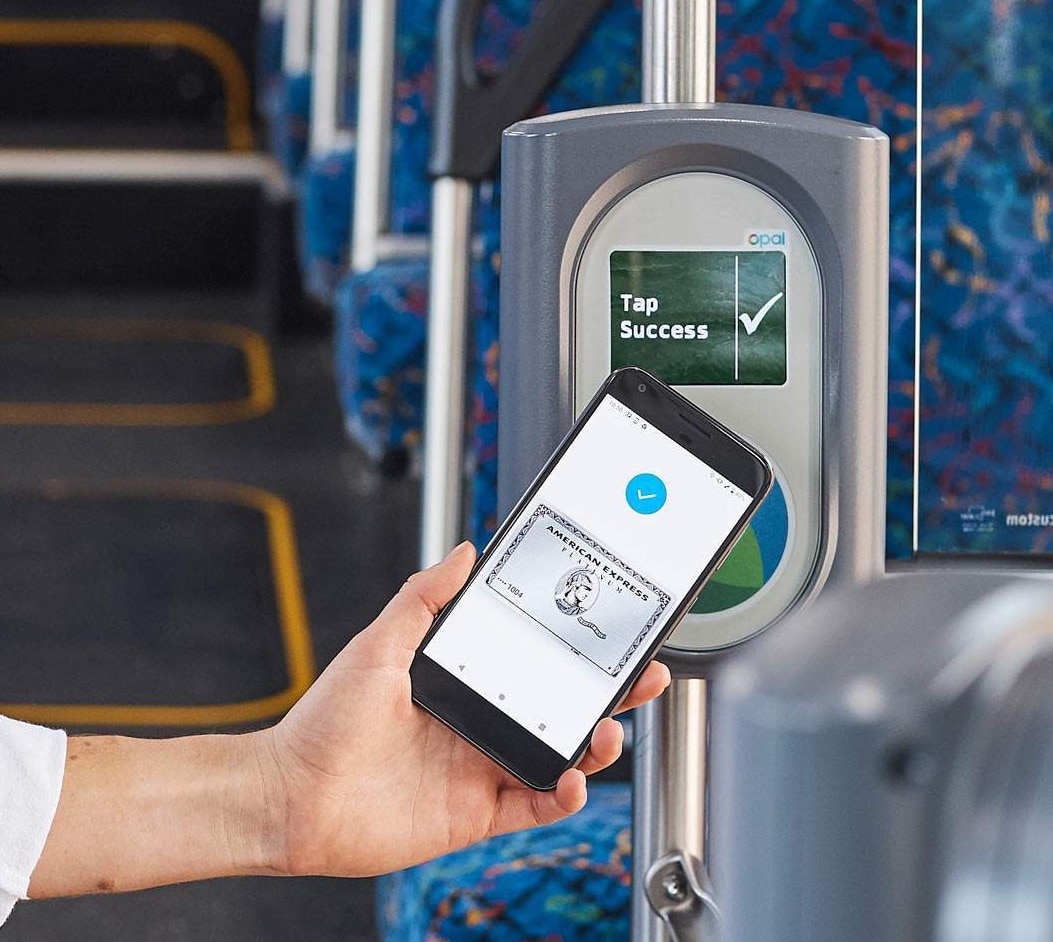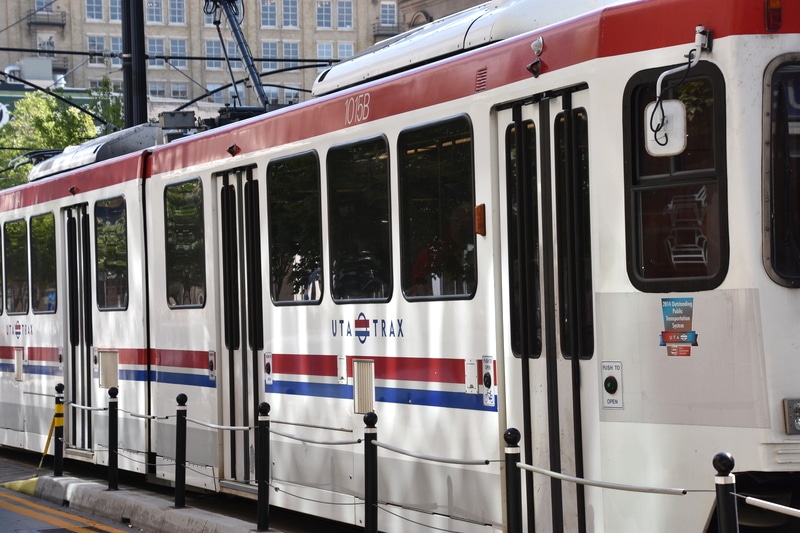
Article Highlights
The Utah Transit Authority has hired a new mobile-ticketing vendor, Masabi, to replace its current supplier, Passport Labs, which is exiting the ticketing market at the end of the year. The agency’s new contract is for one year with an option for a second year. Meanwhile, UTA is now tendering for a new fare-collection system.
In the interim, UTA estimated it would cost just under $531,000 over two years for Masabi’s Justride ticketing service–$253,000 for the first year and $278,000 for the second–all for operating costs. The costs will include Masabi’s 2% service fee on all mobile-ticketing transaction revenue its platform handles.
• UTA (Utah)
• Masabi
• Passport Labs
The Utah Transit Authority, or UTA, has hired a new mobile-ticketing vendor to replace its current supplier, Passport Labs, which is exiting the ticketing market at the end of the year.
